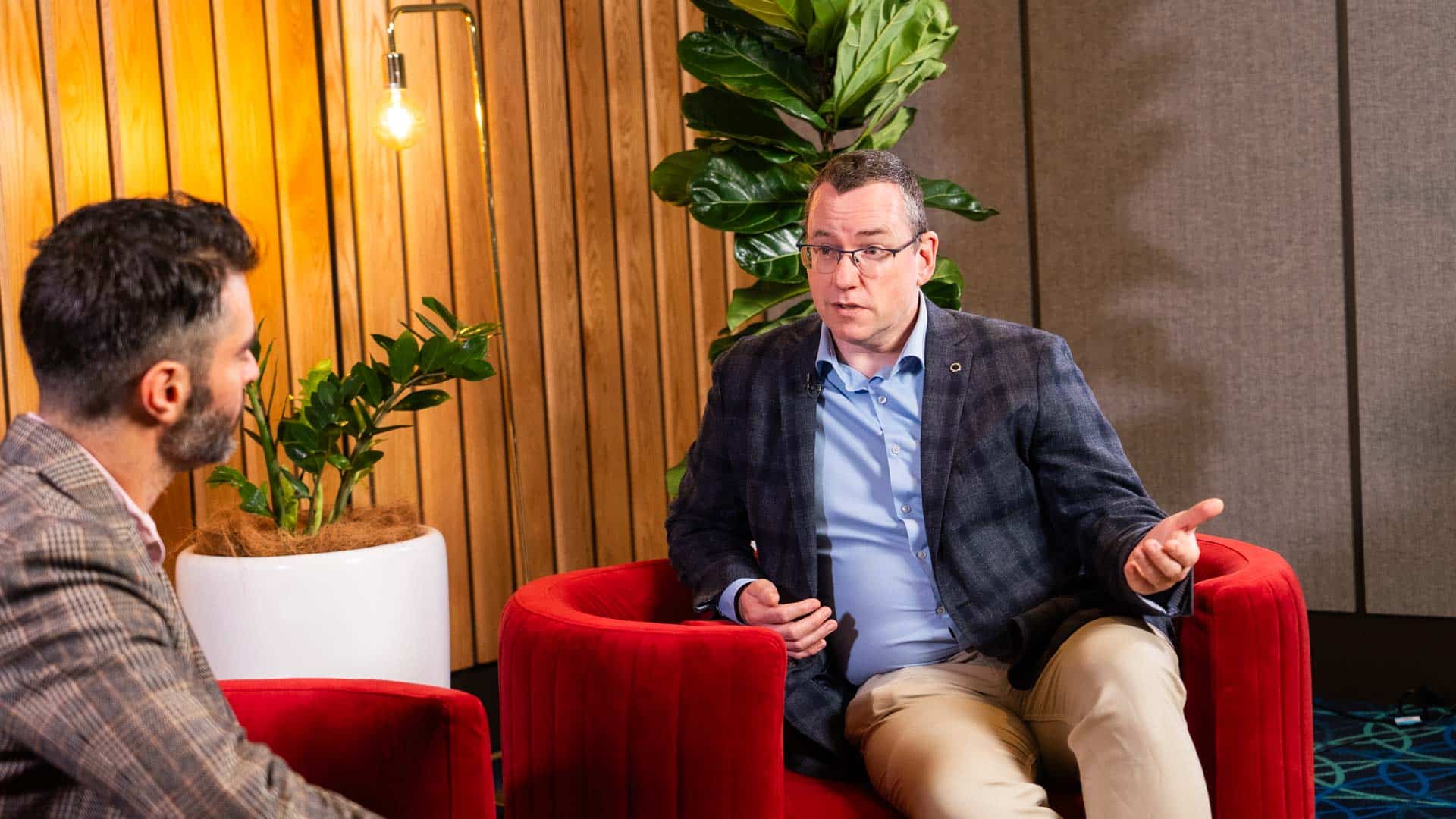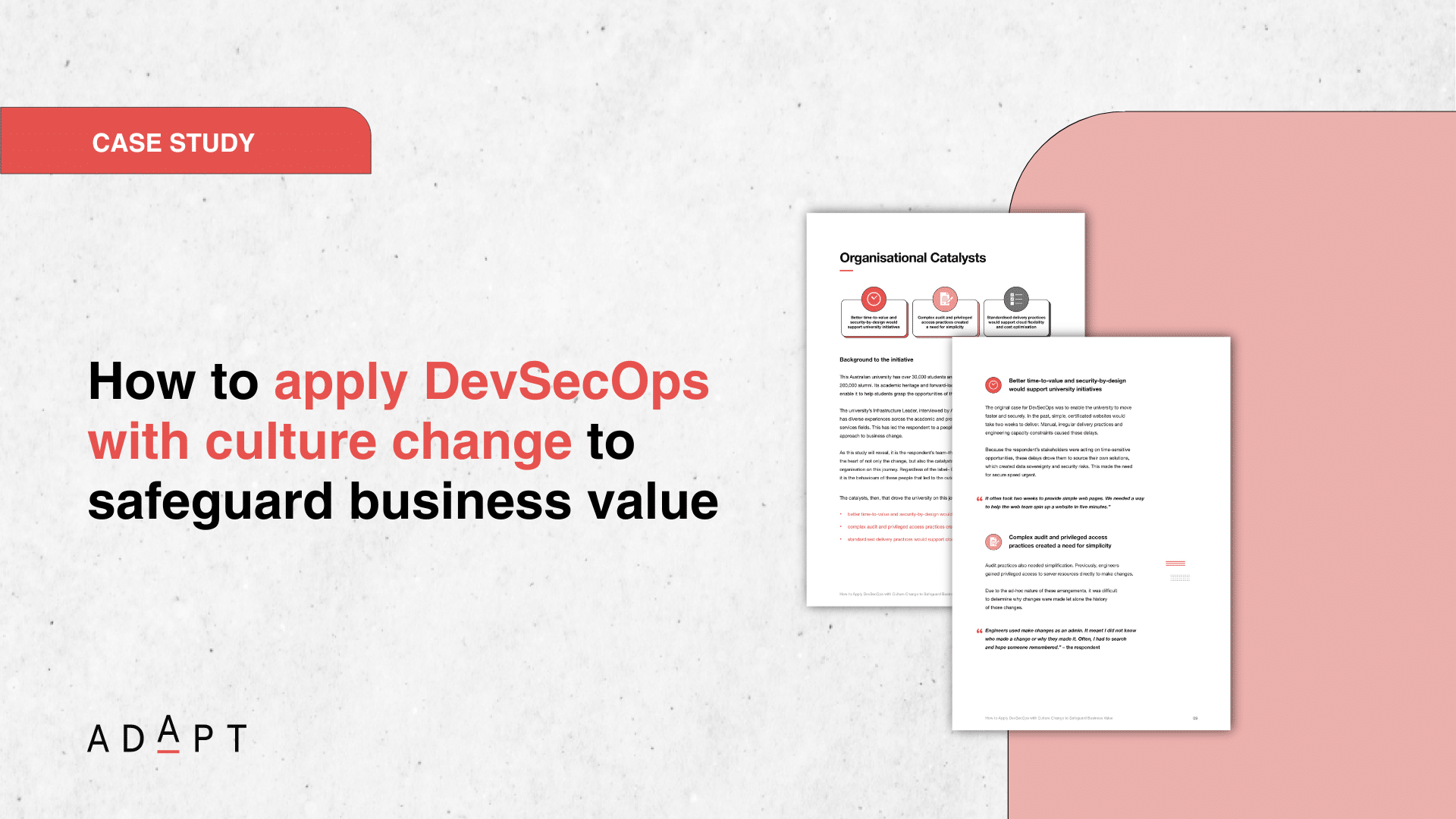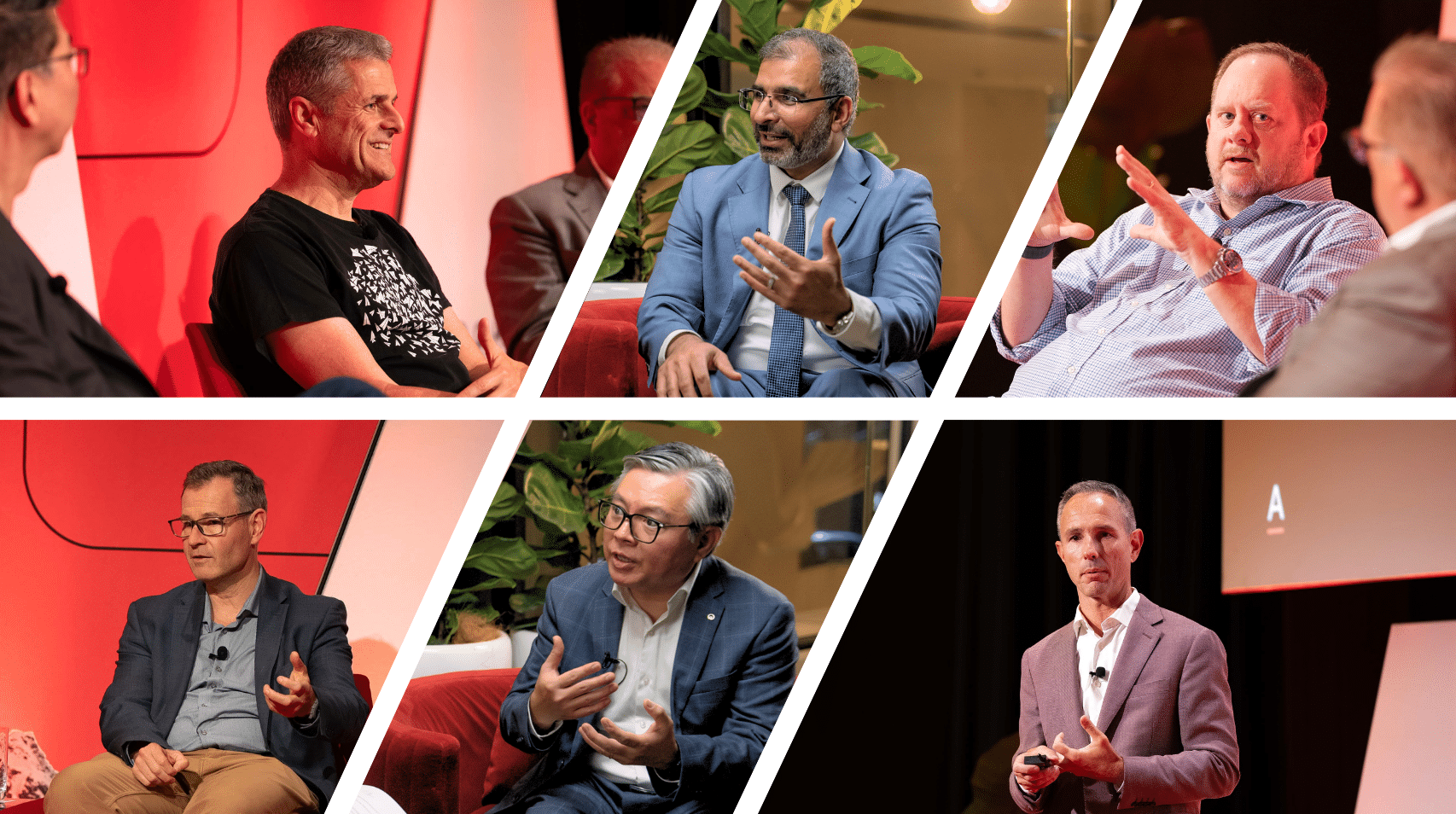In an interview at ADAPT’s Cloud & Infrastructure Edge, Matt Gurr, ANZ Market Director, High Tech at AECOM, outlined the escalating challenges facing the data centre industry.
Matt oversees AECOM’s data centre infrastructure across Australia and the APAC region.
His role involves managing the development and expansion of physical infrastructure for co-location providers and hyperscalers, addressing the increased demand driven by the rapid growth of data and AI technologies.
This expansion demands substantial scaling of data centre capacities, often involving large investments in new facilities.
Powering Up
The surge in AI and data consumption is escalating power requirements, with data centres now needing up to 500 megawatts of capacity.
As cooling demands rise, traditional water cooling methods are facing constraints due to limited water supplies, leading to increased interest in air-cooled systems despite their higher power consumption.
The Sustainability Challenge
The shift towards more sustainable practices, such as the use of low-carbon materials and air-cooled chillers, will likely result in higher costs for data centres, which may be passed on to customers.
Future-Proofing Data Centres
Looking ahead, the data centre industry will need to adapt to evolving technologies and sustainability requirements.
With a notable number of data centres approaching 10 to 15 years old, there will be a focus on repurposing and upgrading existing facilities to meet new demands.
Additionally, the industry must navigate the challenges of integrating emerging technologies like quantum computing and advanced cooling methods, all while managing the balance between cost and environmental impact.
Key Takeaways:
- Increasing power and cooling needs: The rapid growth of AI and data consumption is driving a substantial increase in power and cooling requirements for data centres, leading to the need for larger facilities and more efficient cooling technologies.
- Sustainability challenges: Traditional water cooling methods are becoming unsustainable due to water supply constraints, pushing the industry towards air-cooled systems and other sustainable practices, which could lead to higher operational costs.
- Future adaptation and repurposing: As data centres age and new technologies emerge, the focus will shift towards repurposing and upgrading existing facilities to handle evolving demands, with an emphasis on adapting to advancements such as quantum computing and improved cooling solutions.






























